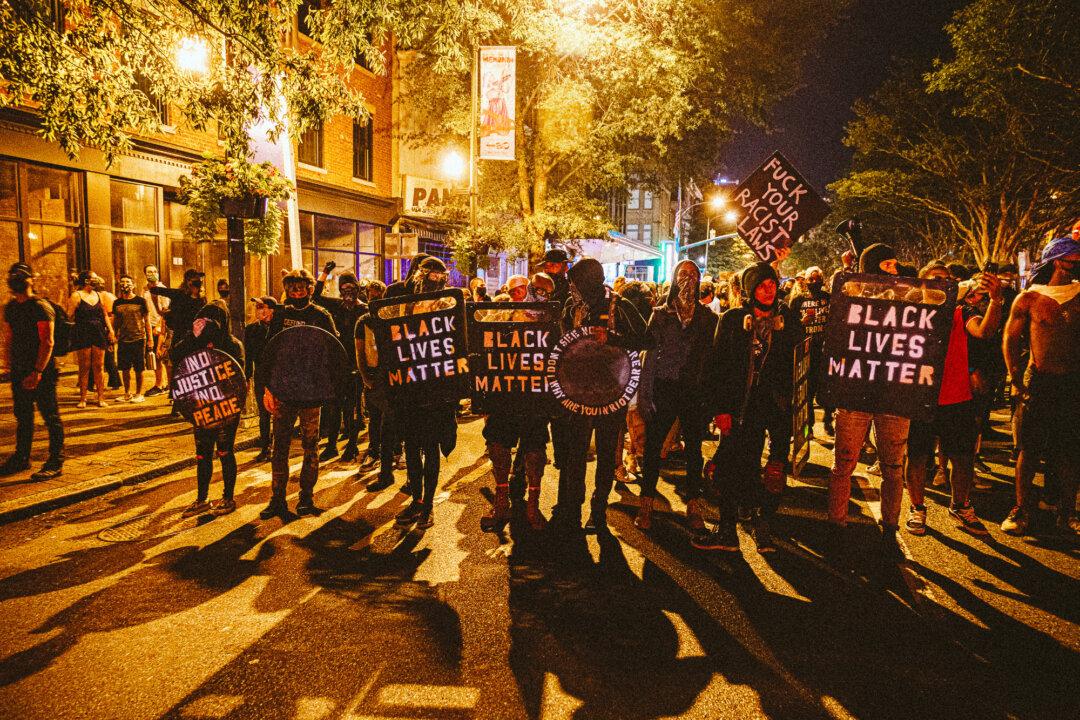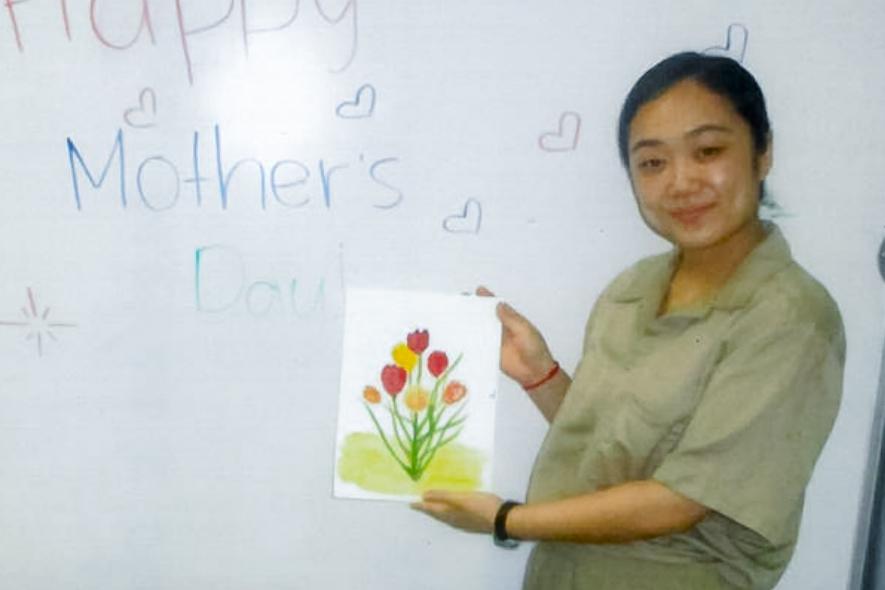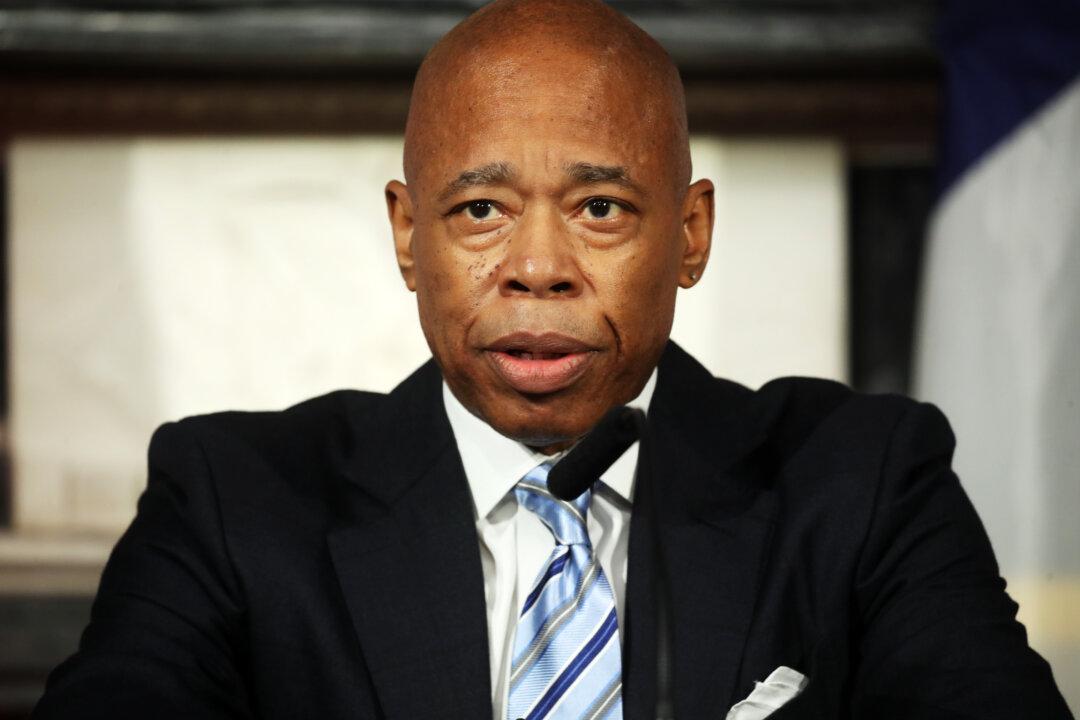News Analysis
A recently resurfaced video from 10 years ago shows Black Lives Matter (BLM) co-founder Patrisse Cullors, who has described herself as a “trained Marxist,” is an apparent fan of communist dictator Mao Zedong, who is responsible for the largest number of deaths in recorded history.




